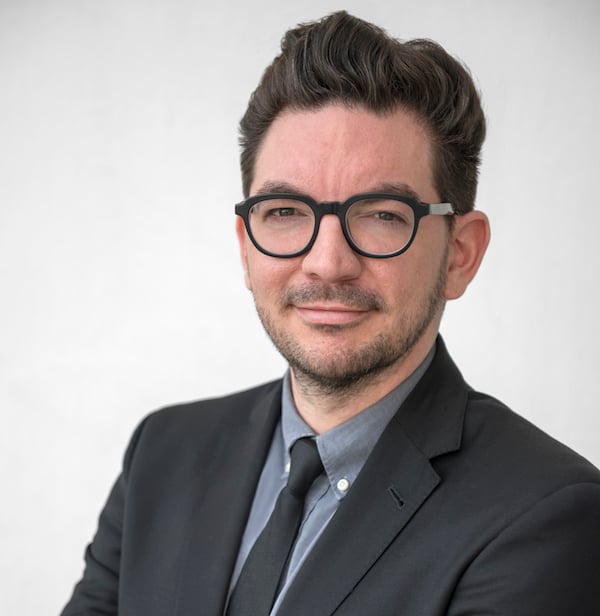This year marks Next City’s 15th anniversary. To celebrate, we published our first print magazine since 2012, a special report titled “15 Solutions for Cities.” To prepare for its publication, I went through each of the first 10 Next American City magazines and wrote down the names of contributors and editors and artists. It was nearly 250 people. People gave their time, their talents, their expertise, often volunteering and expecting nothing in return except the possibility that someone would read the magazine and it might have an effect.
Why else do it? Why else except that they believed in the power of journalism to change things. I also believe in that power. That responsibility. I believe that change is happening. Next City believes there are people faced with poverty, faced with lack of housing, faced with systemic discrimination, and there are people who see these problems and are, right now, doing something about it. I know these people. Some are in the pages of this magazine we’ve released.
There’s Oboi Reed who told us, “Equity means focusing on people who need the most.” He was making the case for bike-share as a way to make low-income communities more livable, healthier, safer. Change is happening in his Chicago neighborhood because of people like Oboi.
There’s the mayor of Lansing, Michigan, who was trying to explain why his became only the second American city to replace all of its lead pipes. He said, “We just asked ourselves what we’d hope someone would do for us.”
What Next City reports is more than a story. It is a truer representation of the America I know. And the one you know. This is who we really are, and who we aspire to be. I read those quotes and I wanted to blow them up on posters. I wanted to make pins that we could send to our leaders so they can wear one right next to that American flag on their lapels.
I want an America that champions people like Jaleel Abdul-Adil. He works at Chicago’s Urban Youth Trauma Center and told us that youth of color are misunderstood. He wants to reach across perspectives and leave potential employers saying of these youth, “I actually see how you could have been me.”
That is when change is happening the most — when we understand each other on a deep level. This magazine is the definition of America. And what this magazine creates more than anything is empathy. You can help us to do more.
With support, I expect Next City to grow in 2019 and beyond. I’ve talked to more writers, to filmmakers and YouTubers, to podcasters, interesting speakers, and artists, about innovative ways that we could amplify stories about solutions. We’ve pioneered a social marketing tool that I know can double our reach. But we need support to do it.
When I talk to people about Next City, they don’t always understand what it means to be a nonprofit news organization. But consider either of those two words — nonprofit or news. Neither is known for having stacks of money. In fact, the Pew Research Center looked at the decline in newsrooms around the country. They knew it was shrinking but weren’t sure by how much. Now we know. In the last 10 years, the number of people working at newspapers has dropped by 45 percent.
That worries me, and it should worry you. Because maybe that means 45 percent fewer stories being told. Maybe that means 45 percent less chance that your solution is heard.
So if sometimes it feels like our problems are lasting, or that all we hear about is what’s going wrong, it might be that journalists haven’t had time to talk about what’s right. It’s being overlooked. Under-reported. Our founders felt that phenomenon even 15 years ago. It seemed like cities were talked about only as a source of problems, not solutions.
What our founders hoped, and those first 250 contributors hoped, is that someone would read a story of a solution, and it would help send that solution from one city to the next city. Maybe it would inspire. Maybe it would create a connection. Maybe it would expand our empathy. Maybe when change is happening, we can create even more, if we tell people about it.
If you donate at least $15 — or pledge $5 a month — we’ll send you a copy of “15 Solutions for Cities” along with pull-quote pin proclaiming that “Equity Means Focusing on People Who Need the Most.” But if you can contribute more, please do. All donations up to $1,000 until the end of the year will be doubled by NewsMatch, and new recurring donations will be matched for a full year. So if you donate $100, Next City receives another $100 from NewsMatch. If you sign up for a $10 per month sustaining donation, Next City receives another $120 from NewsMatch.
 Sincerely,
Sincerely,
Lucas Grindley
Executive Director, Next City







